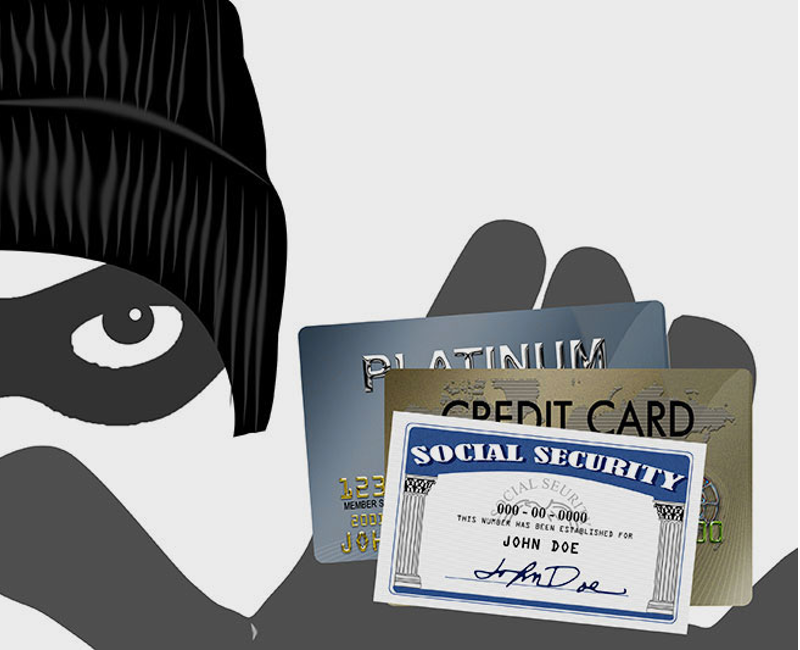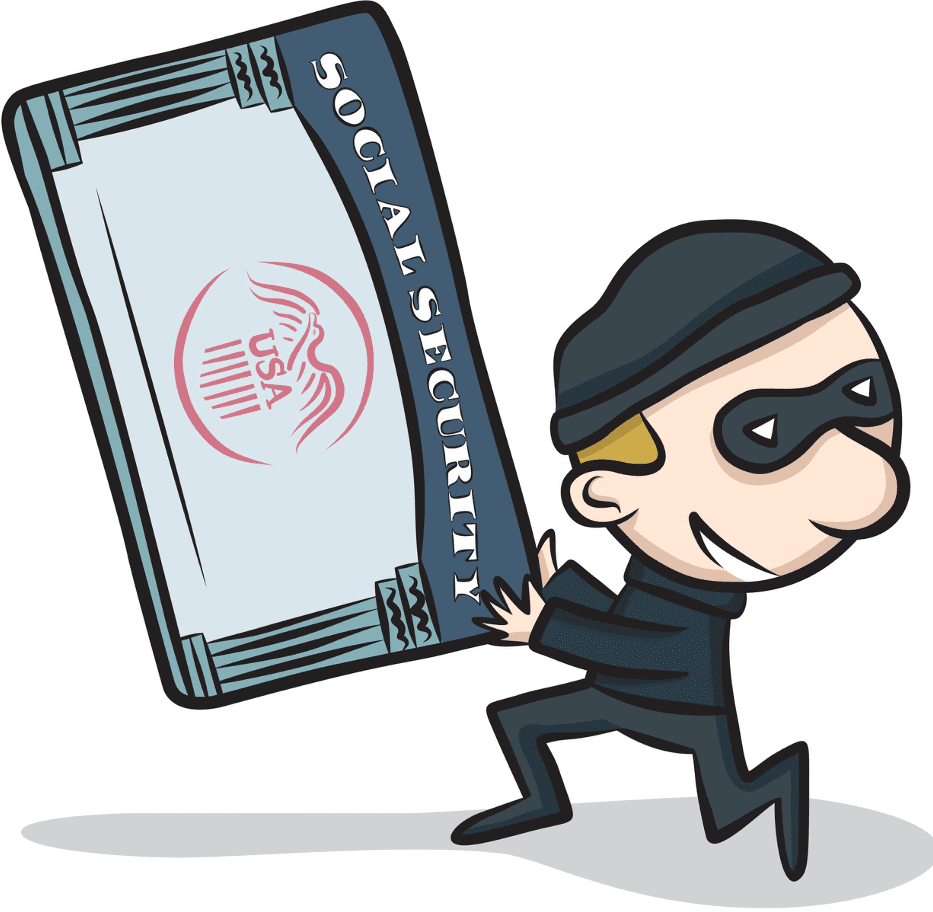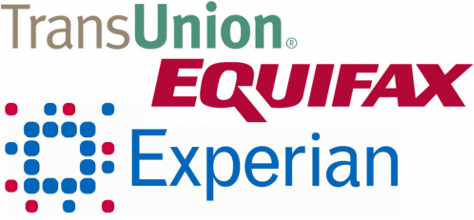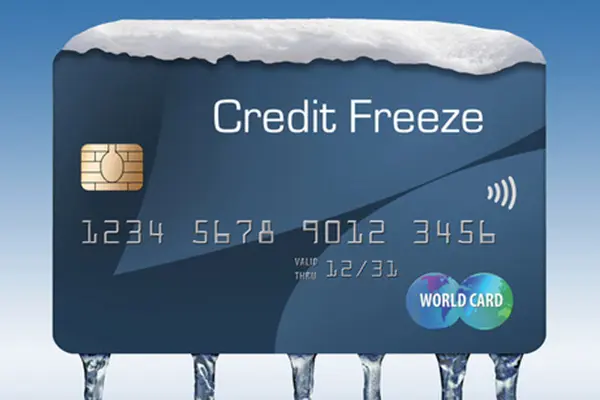How to Protect Yourself from Identity Theft Scams
Worried about Elon Musk and ‘DOGE’ getting access to your Social Security number, bank account information or tax records? Here’s how to protect yourself!

Dear Savvy Senior,
I am very concerned about Elon Musk and the so-called DOGE team getting access to my Social Security number and personal financial information through their government office raids. What can I personally do to help protect myself from this identity theft mess?
—Worried Senior
Dear Worried,
It’s a great question! I’ve been hearing from many older readers around the country that are deeply troubled by the news that the Elon Musk-led Department of Government Efficiency (DOGE) has been granted access to millions of Americans’ Social Security records that include highly sensitive personal information.

The major concern among data privacy experts is what could happen if your Social Security number, bank account information or tax records somehow gets leaked or breeched in all the data shuffling. If your information gets in the wrong hands it could lead to identity theft, which means scammers could use your personal information to open credit card accounts, bank accounts, telephone service accounts, and make major purchases – all in your name.
If you’re concerned about the privacy of your personal information, the best way to protect yourself is to put a “fraud alert,” or better yet a “credit freeze” on your credit file.
A fraud alert is a notification placed on your credit report that signals to potential creditors to take extra steps to verify your identity before extending credit in your name. While a credit freeze completely restricts access to your credit report, essentially preventing anyone from opening new accounts in your name without your explicit authorization.
A credit freeze provides much stronger protection than a fraud alert, but there is a drawback. When you freeze your credit, you won’t be able to open new credit cards or get a new loan while the freeze in place. It does not, however, prevent you from using the credit cards you already have open.
If you do need to get a new credit card or some type of loan, you can always lift the freeze on your account until you get the card or loan approved, and then refreeze it.
You’ll also be happy to know that a credit freeze is completely free to put in place and lift, as are fraud alerts. And neither action will affect your credit score.
FRAUD ALERT SET-UP

To set up a fraud alert, you’ll need to contact one of the three major credit reporting bureaus – Equifax, Experian and TransUnion – either by phone, online or by mail. You only need to contact one of these agencies, and they will notify the other two. Here’s the phone and website contact information for each of the three bureaus.
- Equifax: 800-685-1111 or Equifax.com/personal/credit-report-services
- Experian: 888-397-3742 or Experian.com/help
- TransUnion: 888-909-8872 or TransUnion.com/credit-help
If you haven’t been a victim of identity theft, you’ll need to set up an “initial fraud alert,” which lasts for one year, although you can renew it for additional one-year periods.
CREDIT FREEZE SET-UP

To set up a credit freeze you’ll need to contact each of the three previously listed credit reporting bureaus – Equifax, Experian and TransUnion. A credit freeze lasts until you unfreeze it.
But remember, before you apply for new credit card or loan, you’ll need to temporarily lift the security freeze by following the procedures from each of the credit reporting bureaus where you placed the freeze.
If, however, you don’t want to set up a fraud alert or credit freeze, you can still keep an eye on your credit file by reviewing your credit report regularly. You can get a free credit report each week from Equifax, Experian and TransUnion by going to AnnualCreditReport.com.

Searching for special 1xBet discount vouchers? Here is your go-to resource to unlock valuable deals designed to boost your wagers.
If you’re just starting or a seasoned bettor , our curated selection guarantees exclusive advantages during registration .
Stay updated on daily deals to multiply your betting experience .
https://www.whatsnewintheprophetic.com/forums/users/1xbetfreebetpromocode68732/
Available vouchers are frequently updated to ensure functionality in 2025 .
Take advantage of premium bonuses to enhance your betting strategy with 1xBet.